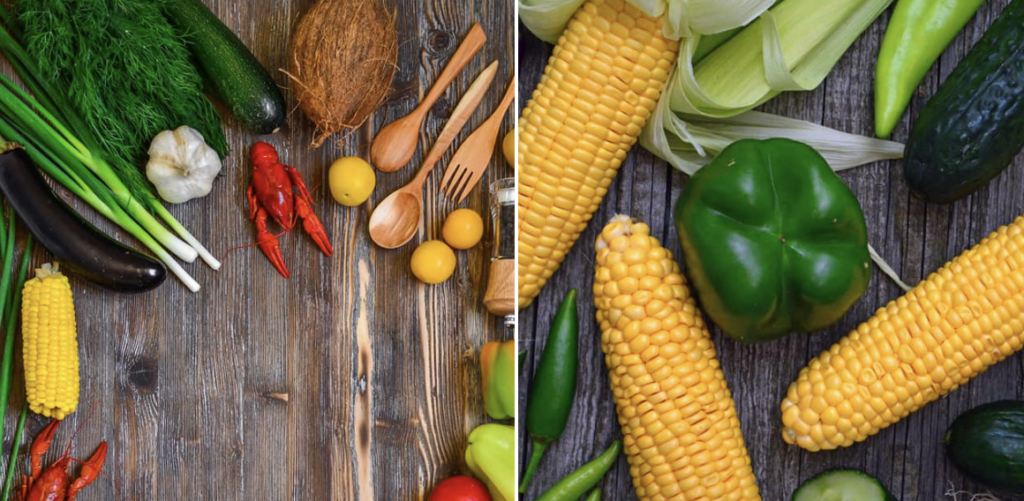Fruits Before Or After Meals
Should we eat our Fruits Before Or After Meals? Factually a Fruit can be eaten at any time and it can be eaten along with other foods. The body produces digestive enzymes for protein, fat, and carbohydrates which help it digest mixed meals. Besides, since the stomach has a high concentration of hydrochloric acid, bacteria […]







